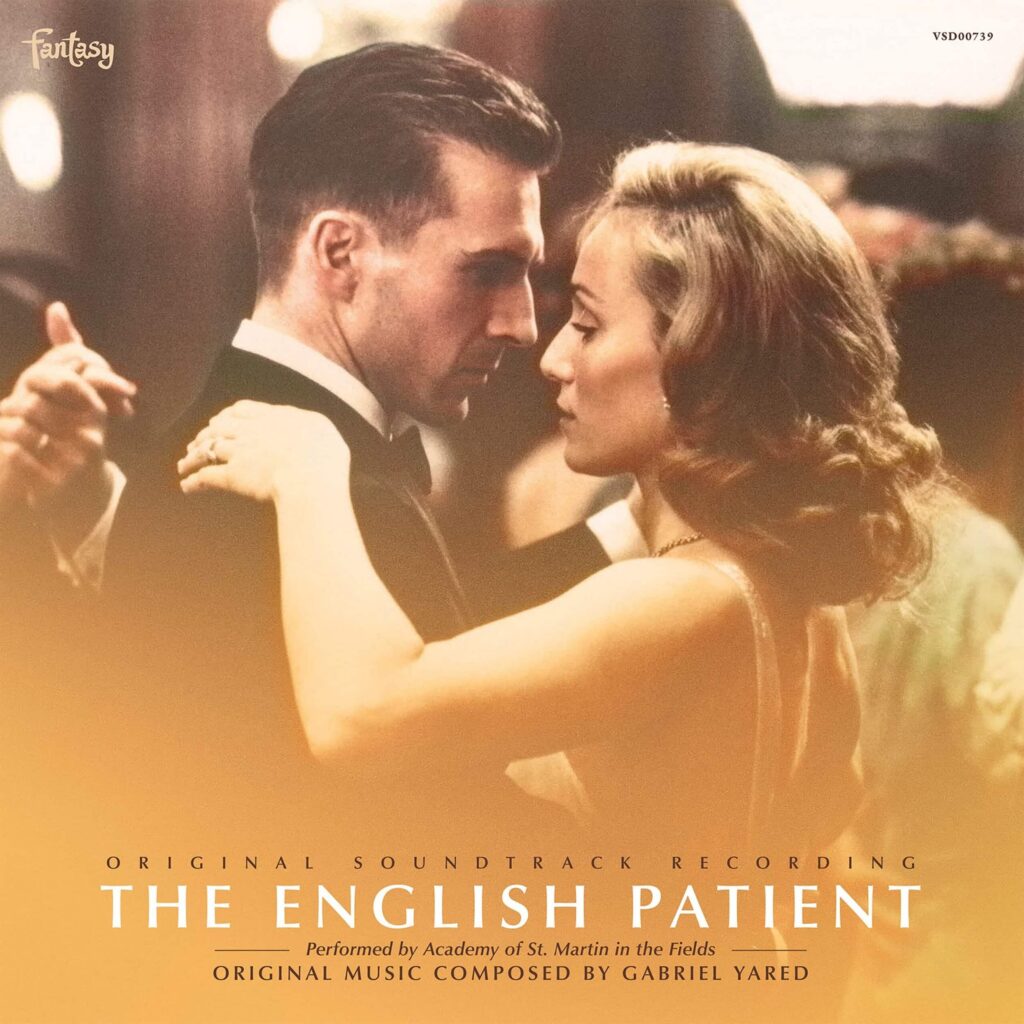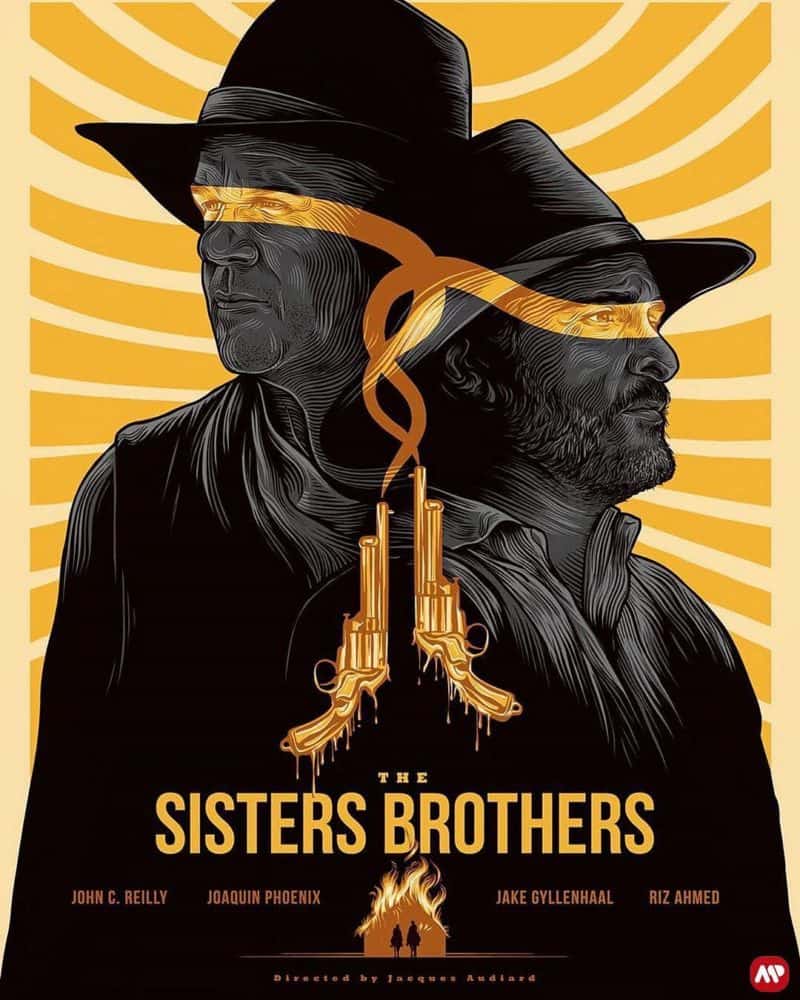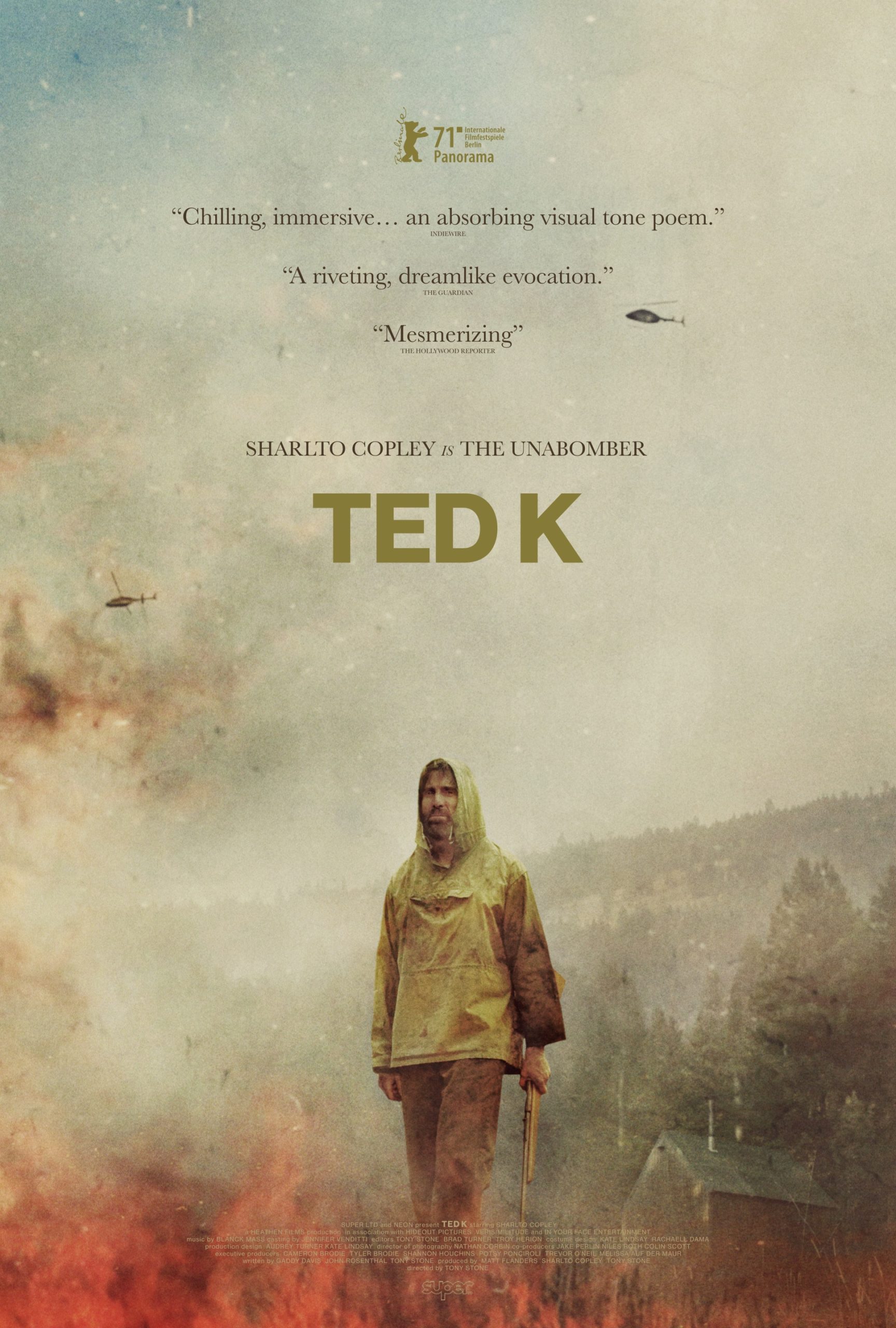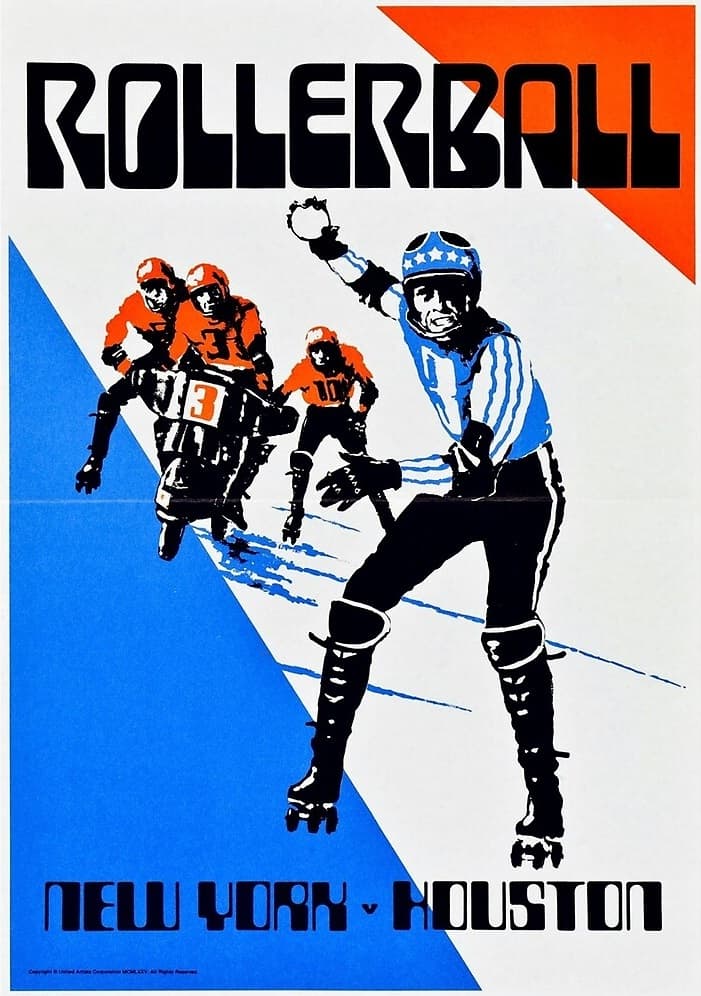
Picture this: a windswept desert stretching endlessly beneath a scorching sun. Amid the shimmering heat, two figures appear. One, guarded and stubborn, is an expert in the ways of the desert. The other, an outsider to this alien world, carries an air of nobility and genuine curiosity for the land. Their tender connection stands in stark contrast to the unforgiving landscape around them. Then you hear it: a melancholic motif that captures the vast beauty and looming danger of the desert, as well as the forbidden romance blossoming within it.
Of course, I’m referring to the 1996, nine-time Academy Award-winning film The English Patient and its acclaimed score. What, were you thinking I meant Dune: Part Two?
Signature classical music label Varese Sarabande has re-released The English Patient‘s original soundtrack on vinyl for the first time, so here I am—Musical Nasties reviewer and noted horror and exploitation vinyl collector—diving into the soundtrack and physical release of this prestige period romance.
Composed by Gabriel Yared and performed by the Academy of St. Martin in the Fields, with pianist John Constable, vocalist Márta Sebestyén, and conductor Harry Rabinowitz, the score perfectly scratches that stuffy period-piece itch. I mean that as a compliment. Just as there’s a time and place for shimmering synth soundscapes or rousing Spaghetti Western horns, there’s equally a need for swelling strings, elegant orchestrations, and delicate piano performances. Especially when you’re a cult film music fan looking to push beyond your usual sonic comfort zone, as I have been lately.
Right from the opening, we hear the score’s most memorable motif: “Szerelem, Szerelem” (“Love, Love”), a hauntingly gorgeous vocalization from the soundtrack’s title cue. Here, Márta Sebestyén’s incredible voice shimmers first over silence, her intonation wavering like a mirage, before horns and strings slowly rise to reveal a yearning, mysterious orchestral melody. Sebestyén’s evocative vocalizing as we soar over the dunes, intercut with the delicate strokes of a paintbrush outlining human figures, will stand the test of time in my cinematic memory banks.
But there’s some fascinating misdirection occurring here as well, which director Anthony Minghella explains in the record’s liner notes: “[The opening motif] sounds Arabic, but… this sound that you keep associating with the desert is actually Hungarian, just as ‘The English Patient’ is Hungarian… so many things that you think are one thing in this film become something else.”
The melody recalls Hans Zimmer’s Mediterranean and Middle Eastern-set scores, like Gladiator and Black Hawk Down. While this approach is a choice some find cliche, I personally find it effective. To me, it’s distinctly cinematic, and in the case of The English Patient, has the added bonus of being not only thematically relevant, but plain ol’ fun to be on the receiving end of some clever sonic deception.
Now, a quick detour to the legendary film editor Walter Murch (The Godfather Part II, Apocalypse Now, The Talented Mr. Ripley), who not only cut The English Patient but also handled its sound editing. My God, it’s brilliant. The way Murch layers dialogue, background effects, and Yared’s score shapes so much of the film’s emotional texture. I was particularly swept away by how he would weave specific elements of the score’s flashbacks into the film’s present-day moments, subtly revealing aspects of the titular characters’ haunted past and secret regrets.
As Minghella said in a 1999 New York Times article about his collaborations with Murch, “It’s as if you’ve never really heard pictures until you’ve been with Walter.” And I deeply felt that watching this film. So, as I prepared to drop the needle on the soundtrack record, you can imagine my concern: How would the music hold up outside the film’s context—without Murch’s masterful editorial touch?
Surprisingly well, actually (sorry, Mr. Murch). I was pleasantly surprised to discover how effectively the licensed tracks—including swing-era numbers like Fred Astaire and Ella Fitzgerald’s “Cheek to Cheek” and Benny Goodman’s “Wang Wang Blues”, as well as the baroque classic “Aria from The Goldberg Variations”—helped to break up the listening experience and prevent the original cues from feeling too repetitive.
It’s funny—while watching the film, I felt the opposite. The source music sometimes jarred me out of the dreamlike state Yared’s score had lulled me into. But when listening to the soundtrack on its own, while doing dishes or making coffee, the sudden interruption of vintage horns and upbeat, jazzy piano on “One O’Clock Jump” added a welcome shot of pep to the otherwise proper score.
To close out, a few remarks on the physical release. Pressed as a double-LP on “Saharan Sun” orange vinyl, the heavyweight wax sounds clean and clear, while the gatefold packaging is premium—sturdy, with a nice matte finish (which I much prefer to glossy papers). The artwork highlights the film’s classic ballroom sequence and includes a mix of promotional and film stills of the main cast: Ralph Fiennes, Kristin Scott Thomas, Juliette Binoche, and Willem Dafoe. It’s a beautifully assembled package that doesn’t seem to have cut any corners, and one I’m happy to add to my collection—where it now sits, ironically, among my grindhouse-worthy fare.
If you’re yearning for the heyday of sweeping, historical romantic dramas, The English Patient’s soundtrack is worth a listen. If you’re a fan of Hans Zimmer’s Middle Eastern, Mediterranean, or Arrakian scores, you might also enjoy drawing loose thematic connections. Or, if you simply appreciate baroque, lyrical classical music and swing-era tunes that can elevate a humble coffee-making session to newly romantic heights, this record could be a worthy addition to your collection too.
About the Author: Hey, I’m Sam. I like violent movies with synth scores and listening to library music on the beach. My perfect idea for a date is taking a trip to 1970s Italy where I can stumble into a stylish murder mystery involving a black-gloved killer featuring music by Ennio Morricone. I live in Vancouver, B.C. and think too hard about what I write on my Letterboxd. Twitter: @mondosammi



